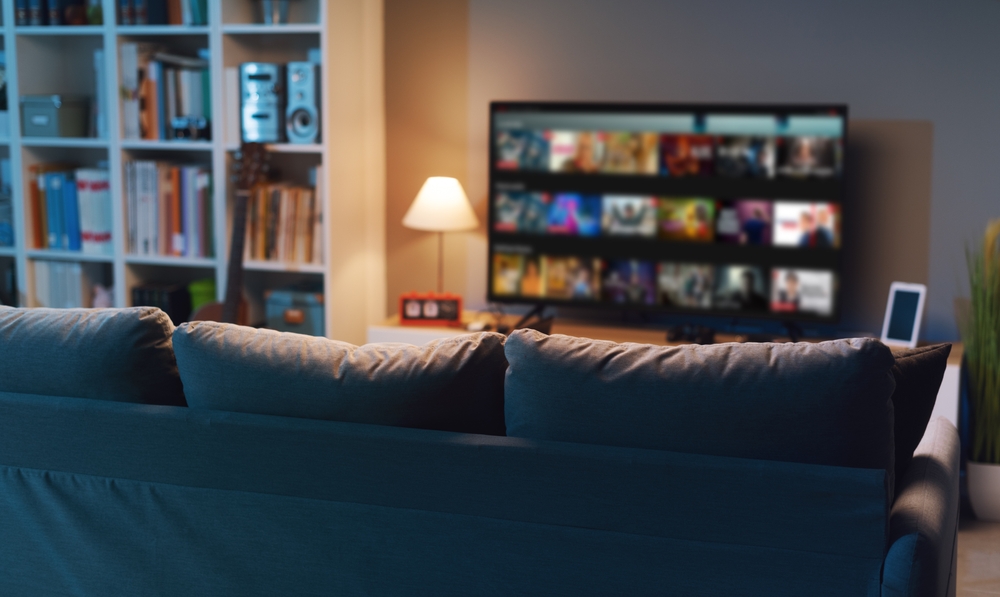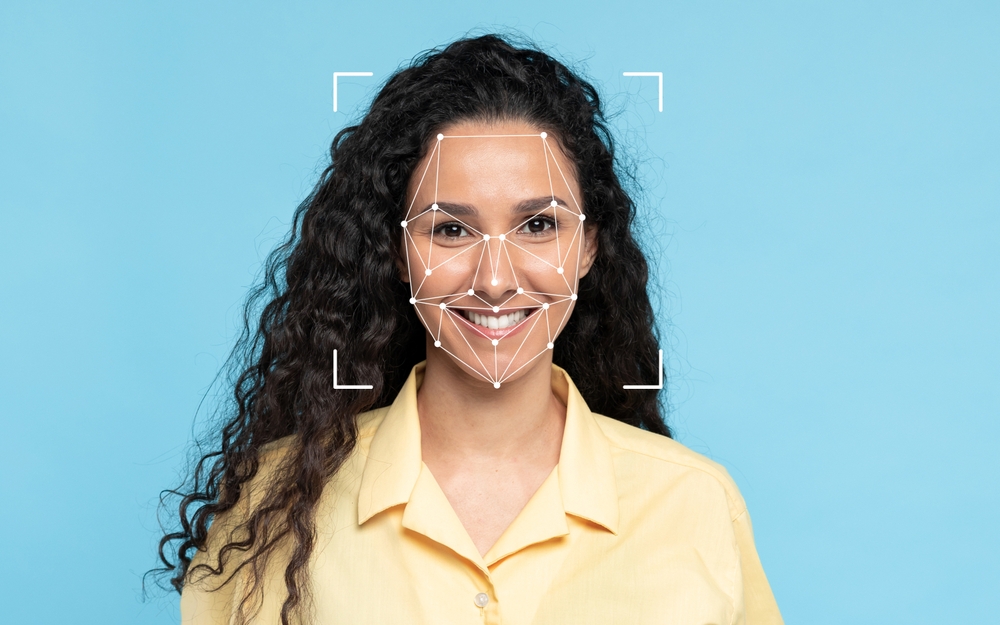Remember when technology was supposed to free us? Smart gadgets, wearable tech, home assistants—they were all marketed as our digital sidekicks, making life simpler and more connected. But somewhere between “Hey Alexa, play my workout playlist” and “Why am I getting ads for gym memberships?”, it became clear: a lot of our favorite tech isn’t just serving us—it’s watching us. What started as convenience has quietly morphed into a sprawling web of tracking, data mining, and behavioral analysis.
Let’s peel back the shiny marketing and take a look at eight inventions that promised to improve our lives—but instead turned out to be surveillance in disguise.
1. Smart Speakers: The Friendly Eavesdropper
Smart speakers were the ultimate novelty when they hit the market—say a command, get a response, like having a butler in your living room. But the reality? These cheerful cylinders are microphones that never really turn off. Every “Hey Alexa” or “Okay Google” is just a trigger for a much deeper listening session, one that records snippets, stores them on servers, and sometimes even sends them for “quality control.”
The unsettling part is that these voice logs have occasionally been accessed by human reviewers. So that private midnight rant about your boss? It might have been quality tested in a corporate office somewhere.
2. Fitness Trackers: Counting Steps… and Data Points
It all starts innocently—you strap on a sleek wristband to track your steps, sleep, and heart rate. But while you’re watching your calories, the app’s watching you. Fitness trackers collect intimate health data that reveals not just how active you are, but where you go, how you sleep, and even when you’re most stressed. Many users don’t realize that this information often gets shared with advertisers, insurance companies, and third-party analytics firms. Your morning jog might seem private, but your tracker is basically filing a detailed report about it.
3. Smart TVs: The Living Room Spy
Smart TVs used to sound like futuristic magic—streaming apps, voice commands, and tailored recommendations at your fingertips. But behind that crystal-clear display lies a quietly humming data machine. Many smart TVs use Automatic Content Recognition (ACR) to analyze what you’re watching, even if it’s not streamed through their apps. That data gets sold to advertisers who want to know your viewing habits, right down to the reruns you binge after midnight. You’re not just watching TV—the TV’s watching you right back.
4. “Free” Apps That Cost You Your Privacy
You know the saying: if you’re not paying for the product, you are the product. From flashlight apps to social media giants, many “free” apps make their money by harvesting your data. Location, contacts, browsing behavior—anything they can scoop up becomes digital gold for ad networks. You may think you’re just killing time scrolling memes, but behind the scenes, algorithms are building a psychological profile of you down to your favorite snack. The creepiest part? Some apps continue tracking even after you close them.
5. Smart Doorbells: Neighborhood Watch 2.0
Installing a smart doorbell feels empowering—you can see who’s at your door, deter package thieves, and keep your home safe. But these gadgets often double as surveillance hubs that collect massive amounts of video and audio data. Footage doesn’t just stay with you—it’s frequently stored in the cloud and sometimes shared with law enforcement or corporate partners. That means your front porch cam could be part of a much bigger surveillance network than you realized. Great for catching porch pirates, not so great for privacy.
6. Location Services: The Map That Knows Too Much
Modern smartphones can pinpoint your location down to the meter, which is useful when you’re lost or looking for nearby coffee. But those same location services are the backbone of an enormous tracking industry. Apps you wouldn’t expect—weather forecasts, games, even coupon finders—often request access to your GPS data and sell it to third parties. Over time, this data can reveal where you live, work, and even who you visit. It’s like giving a stranger the keys to your daily routine and hoping they don’t follow you home.
7. Smart Home Devices: The Cozy Data Collectors
Smart thermostats, lights, and security systems promise comfort, efficiency, and futuristic convenience. But every adjustment you make tells these devices something about your habits—when you wake up, when you leave, when you’re home alone. That behavioral data can be aggregated and analyzed to create a frighteningly detailed timeline of your life. Even worse, if these systems get hacked or sold to data brokers, strangers can learn more about your schedule than your closest friends. When your thermostat knows your secrets, “home sweet home” feels a little less sweet.
8. Facial Recognition Tech: The Identity Thief’s Dream Come True
Facial recognition once sounded like sci-fi genius—unlock your phone with a glance! But now it’s woven into surveillance systems worldwide, often without consent. Cameras in stores, airports, and public spaces can capture your face, match it to databases, and track your movements. The technology is notoriously inaccurate for certain demographics, raising huge ethical and civil rights issues. What’s worse, many companies keep your facial data indefinitely, creating a permanent digital fingerprint you can’t erase. It’s like your face became your password—and someone else keeps changing the rules.
Convenience Comes with a Hidden Cost
Technology has a way of dazzling us before we notice the fine print. What starts as innovation often drifts quietly into surveillance, blurring the line between convenience and control. The truth is, we traded pieces of our privacy for speed, comfort, and connection—and now it’s hard to take them back. But awareness is the first step toward reclaiming power.
Have you ever realized too late that a gadget was spying on you? Share your experiences, stories, or thoughts in the comments below.
You May Also Like…
8 Home Tech Devices That Create Paranoia at Night
Why Leaving Tools in Your Truck Bed at Night Flags You for Surveillance
8 Hidden Costs of Technology That Keep You Poor
Why Some Apartment Mailrooms Are Now Under Constant Third-Party Surveillance
8 Tech Upgrades That Are Making Cars Easier to Hack


